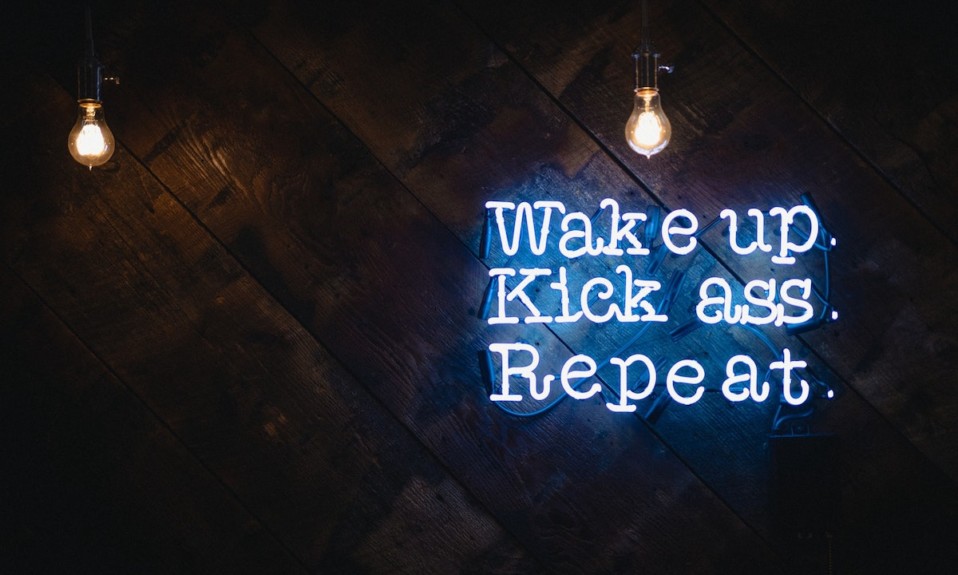An inability to accept that you have a problem with substance use will prevent you from getting the help you need. Here’s advice for overcoming thoughts and acts of denial
By Patrick McElwaine, Psy.D., LPC
The hardest part of my addiction was accepting that I had a problem with drugs and alcohol. Denial is the first line of defense for someone struggling with a substance use disorder. It is said that denial is the hallmark of addiction. Denial can be a powerful coping mechanism to delay or distract from the truth.
Many other defense mechanisms are associated with denial, such as rationalization (rationalizing why one uses), blaming (blaming others/situations for their use) and minimization (minimizing the harm that substance use is causing). I have worked with many clients who have used denial and other defenses to distance addiction and much-needed treatment.
If you’re struggling with your own recovery or are afraid of starting because you feel like you won’t get it, please talk to someone. There is support for you.
Denial is insidious. In my own life, I had numerous situations and events that demonstrated I had a problem with drugs and alcohol, but I was able to come up with multiple reasons why I was OK, in control and could stop whenever I wanted.
Signs of Addiction Denial
With addiction, denial is the refusal to face facts or review the evidence that one has a problem with drugs and/or alcohol. Recognition of other defense mechanisms may help you come to an understanding of problematic substance use, including:
- Rationalization, the act of attempting to explain or justify addiction-related behaviors or attitudes with logical reasons, even if it’s inappropriate or incorrect. Examples: “I work hard, I deserve a few beers when I get home” or “This helps with my anxiety, helps me sleep.”
- Minimization, an attempt to make the addiction seem less than it is. Examples: “It’s only one DUI, it’s no big deal,” “My use doesn’t hurt anyone, just leave me alone” or “It’s not a problem, I can quit whenever I want.”
- Projection, casting unacceptable behaviors on others. Example: “Why is everyone on my case, I don’t drink as bad as Pat.”
- Humor, failing to get serious about your addiction and enter recovery. Examples: Making jokes while others are trying to have serious discussions about substance use or entering recovery.
How to Counter Addiction Denial
If the hallmark of addiction is denial, the hallmark of recovery is acceptance. I started therapy and 12-step meetings and focused on being honest with myself and others. I was so used to lying that I started to believe the lies; being honest was very hard for me. I couldn’t picture my life without drugs and alcohol. I began to take responsibility for my actions from the past and engage in recovery work. I went to therapy and meetings even when I didn’t want to. I would listen to loved ones in my life regarding my behavior.
When I started to focus on treatment, recovery and acceptance … I was less defensive.
When I first entered treatment in 2005, I struggled and would often relapse. My wife sometimes would say, “You look like you need a meeting,” and I would respond extremely negatively, either directly to her or to myself. I would say things like, “I’m good,” “I’m okay, but thanks” and “I think I’d know when I need a meeting.” When I started to focus on treatment, recovery and acceptance in 2009, my wife would state the same thing to me, and I would listen and go to a meeting. I was less defensive. Later, she told me that the shift in attitude I had with her feedback gave her confidence in my recovery.
It’s a Leap of Faith
Early in my recovery, I had an overwhelming thought that this would never work for me over the long term. Sure, I had some good days, but they never lasted. During my relapses, I would tell myself that recovery didn’t work for me and that I would never get it. I’d think, If people really loved me, they would accept me for being a drug addict alcoholic.
So, if you’re struggling with your own recovery or are afraid of starting because you feel like you won’t get it, please talk to someone. There is support for you. Please don’t give up. I had to learn to trust the recovery process; I kept going despite the negative thoughts. I took the leap of faith, and slowly things started to click in recovery.
Patrick McElwaine, Psy.D., LPC, is known as “Dr. Mac” to his clients, students and colleagues. He has his own counseling practice, teaches counseling psychology at Holy Family University in Pennsylvania, is a faculty member at the Beck Institute, and serves on the Bucks County National Alliance on Mental Illness (NAMI) board of trustees. His column publishes regularly on TreatmentMagazine.com.
Photo: Shutterstock













